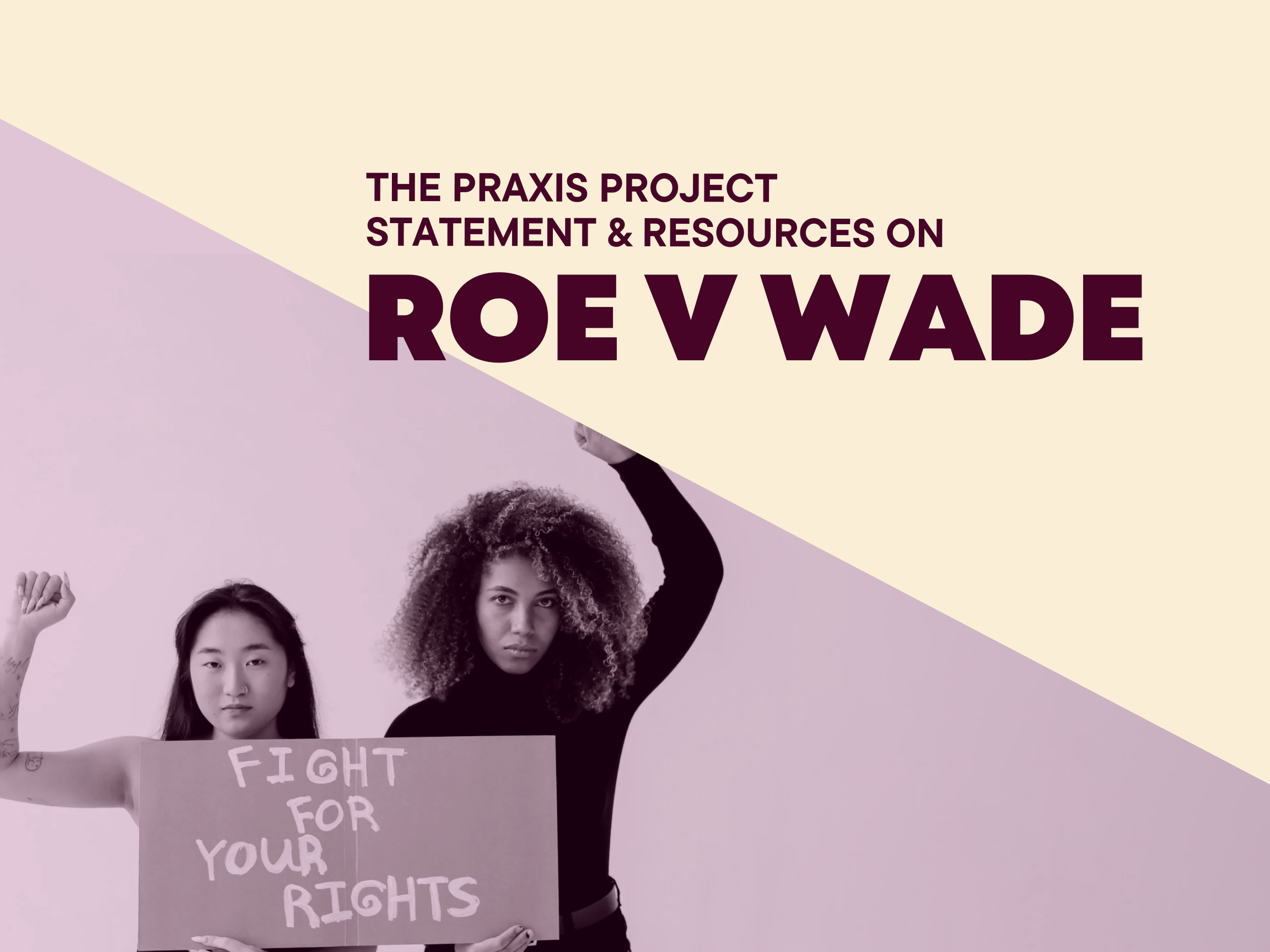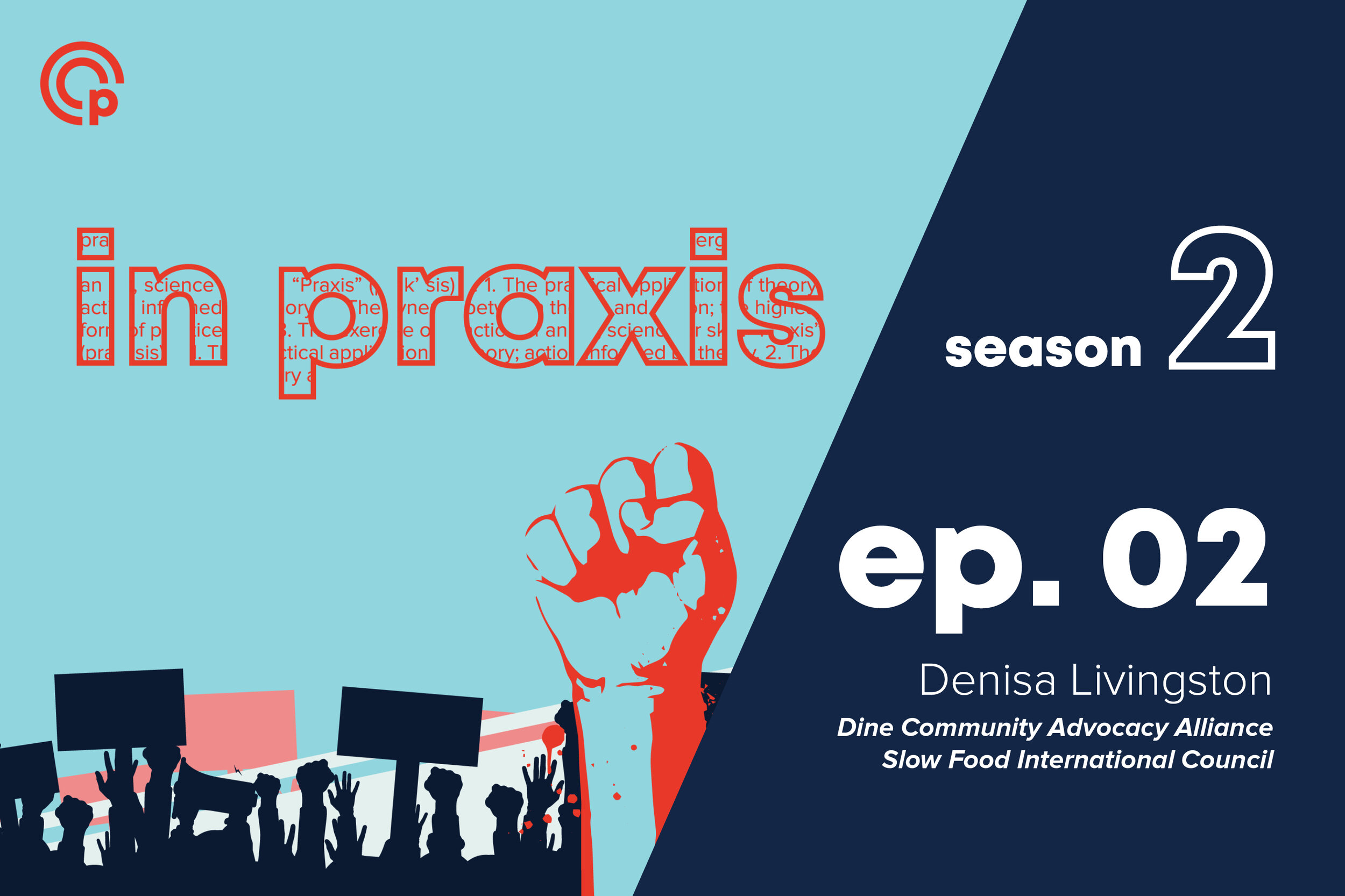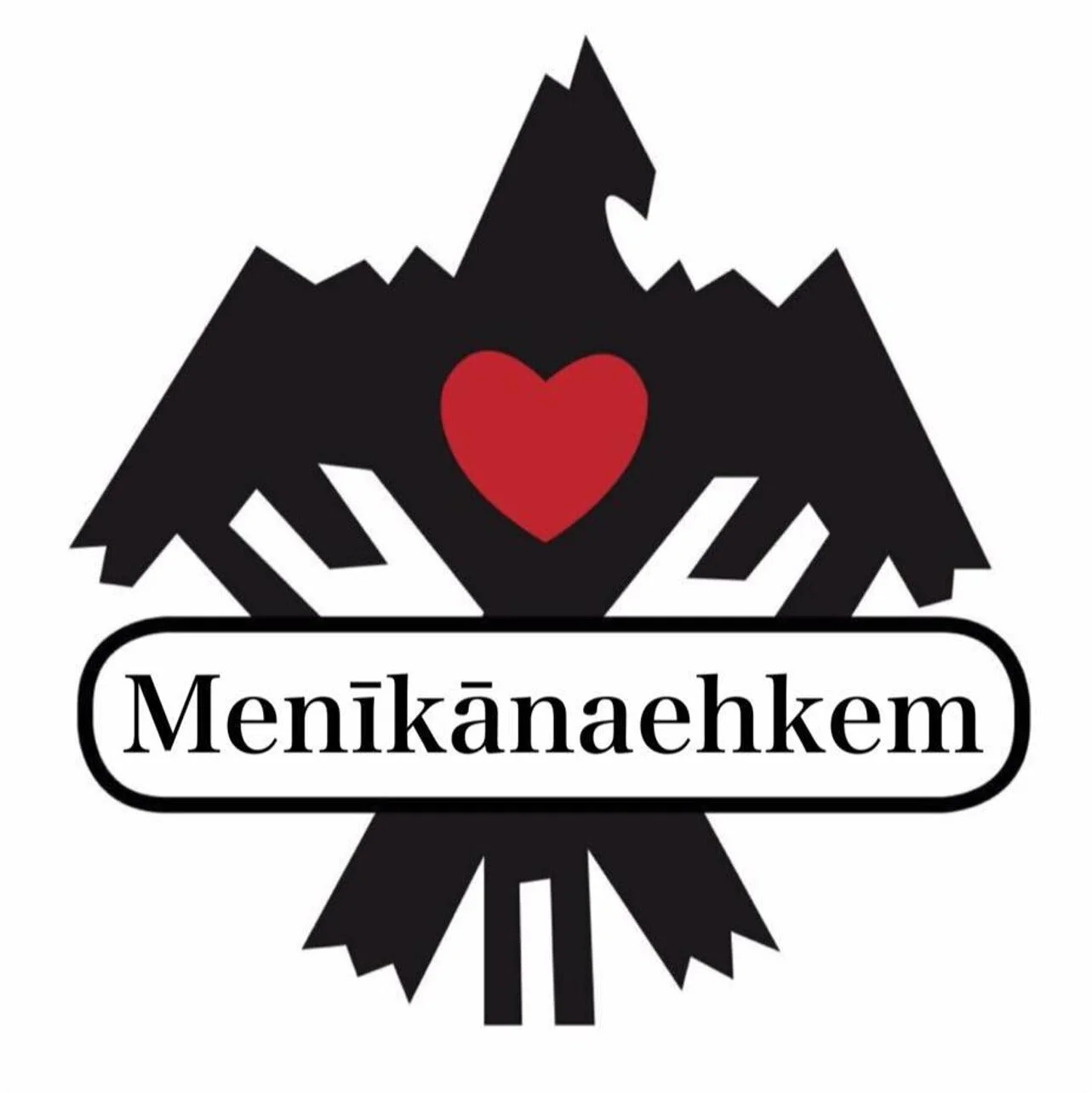Hope and Efficacy
Hope and efficacy refer to an individual’s or community’s capacity, desire, and ability to conceive of and work towards ways to improve their conditions or achieve a goal. Hope and efficacy include feelings of optimism for the future, opportunities for success and wellbeing, as well as possibilities for enacting change. For many communities who are faced with ongoing and historical harm from systems of oppression, hope allows for the collective imagination of radically different futures as well as fosters the agency necessary to create movements and forms of care that challenge systems of power and make those futures a reality. Communities nurture hope and efficacy through collective healing, addressing trauma, creating structures of care and accountability, and building power. In other words, radical healing and radical change require radical hope.
Hope and efficacy fosters health by cultivating mental and emotional wellbeing and also by facilitating action by communities to address conditions and issues that directly impact their health.[1] Hope and efficacy are key for groups to take collective action for social change.[2] With the understanding that community health outcomes are largely a result of social and political systems of oppression, the importance of high hope and group efficacy on health is clear in their ability to fuel collective action to transform the social and material conditions that impact community wellbeing.
Grassroots community organizers integrate hope and efficacy into the heart of their advocacy work. Organizers intentionally incorporate resilience, joy, wellness, and healing into their community-centered work. Community organizing involves building collective leadership and creating community connections, whether the work is happening in-person or virtually. Organizers advocate for healing-centered justice and radical self-care throughout their systems change work, creating hope and efficacy now and for the future.
DISPARITIES AND STATISTICS
Race and Ethnicity:
The deep emotional and mental health implications of incidences of police violence on Black communities is well-documented. These impacts are not only relevant to the families and loved ones who are directly affected but have more pervasive and far-reaching effects on the mental and psychological health of Black folks who hear about or view the incidents secondhand.[3] Occurrences of police violence can trigger a sense of collective hopelessness for Black communities—the frequency of incidences and often racist discourse that follows, “serves as a constant reminder of the historic and current devaluing of Black lives. It sends a signal that there is little hope for justice.”[4] However, mass mobilization and movements like Black Lives Matter in response to police violence also provide critical hope for Black families and communities, with people expressing that such movements allow them to remember a different future is possible, and they are not alone in fighting for it.[5]
Socioeconomic Status:
Climate change and environmental destruction are key drivers of anxiety, depression, feelings of hopelessness, and other mental health related complications. Many communities are already facing great loss and trauma as a result of catastrophes resulting from climate crisis and environmental decimation.[6] However, the impact of these concerns is not felt equitably. Low SES communities shoulder greater burdens of pollution, lack of quality water and food, toxic exposures, and displacement. Low SES communities of color and Indigenous communities are disproportionately faced with these existential threats and their psychological and mental tolls, despite contributing the least to environmental destruction and the climate crisis.
Twenty-nine percent of families living within one mile of a commercial hazardous waste facility in Detroit are below the poverty line, and 49% of them are nonwhite.
One hundred percent of U.S. Government uranium mining and 40% of the largest coal strip mines are located on Native American reservations. Nearly half of Native Americans live below the federal poverty line.[7]
Immigration:
Attacks on immigrant communities of color in the form of deportation and family separation have key implications for hope and health. A study interviewing adults one year after an immigration raid occurred in their community found that 67% had daily fears regarding threat of deportation. They also reported high rates of hopelessness, fatigue, anxiety, hypervigilance, and mistrust as well as frequent nightmares and weight fluctuations. Critically, community programs that promote mental health/healing and collective political action are named as essential efforts in fostering both hope and wellness for children and families impacted by deportation.[8]






















